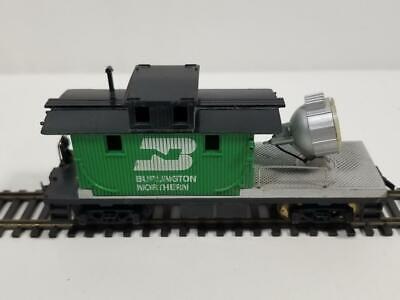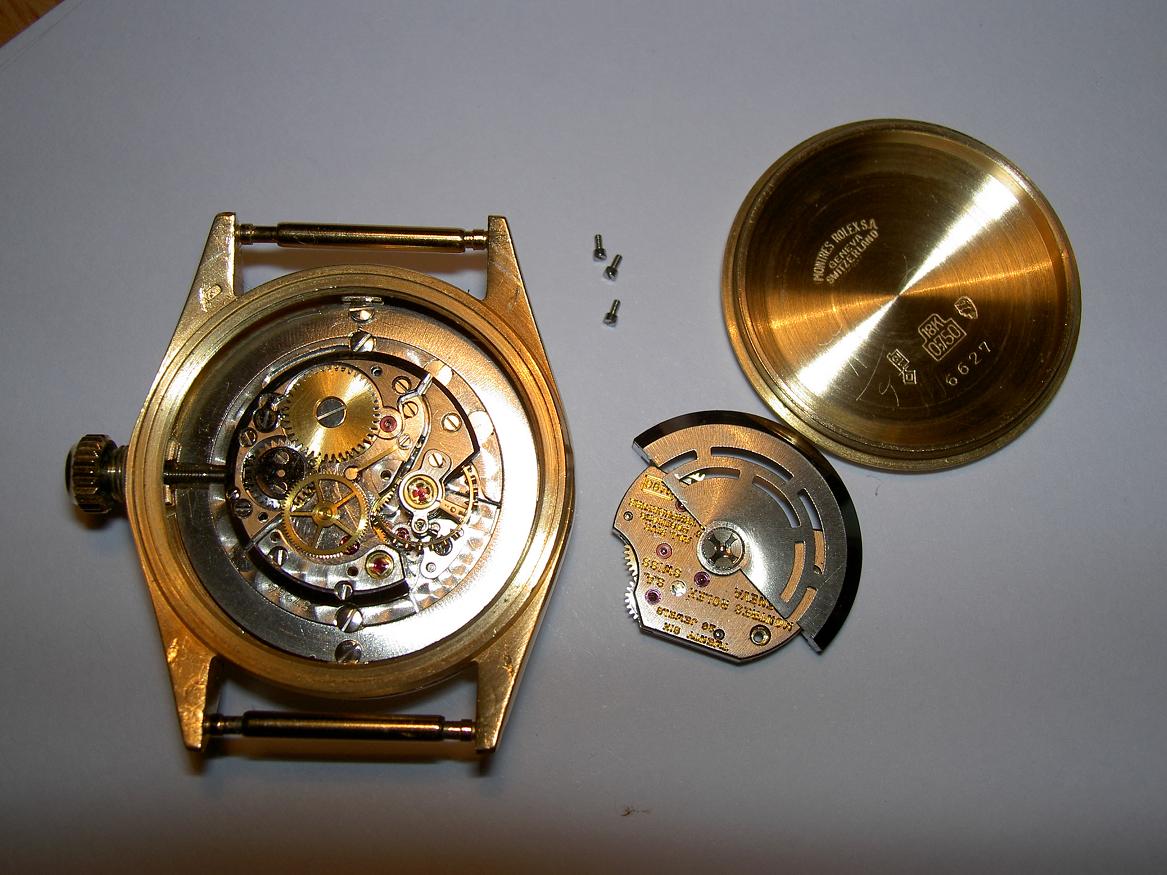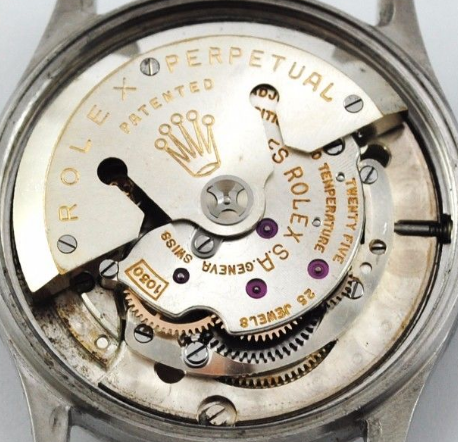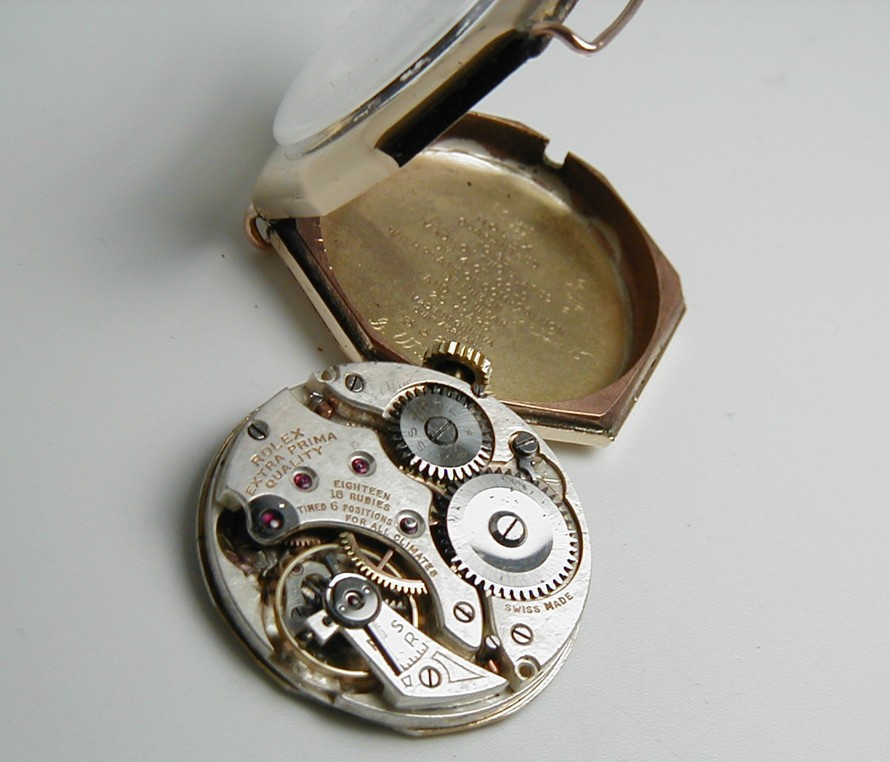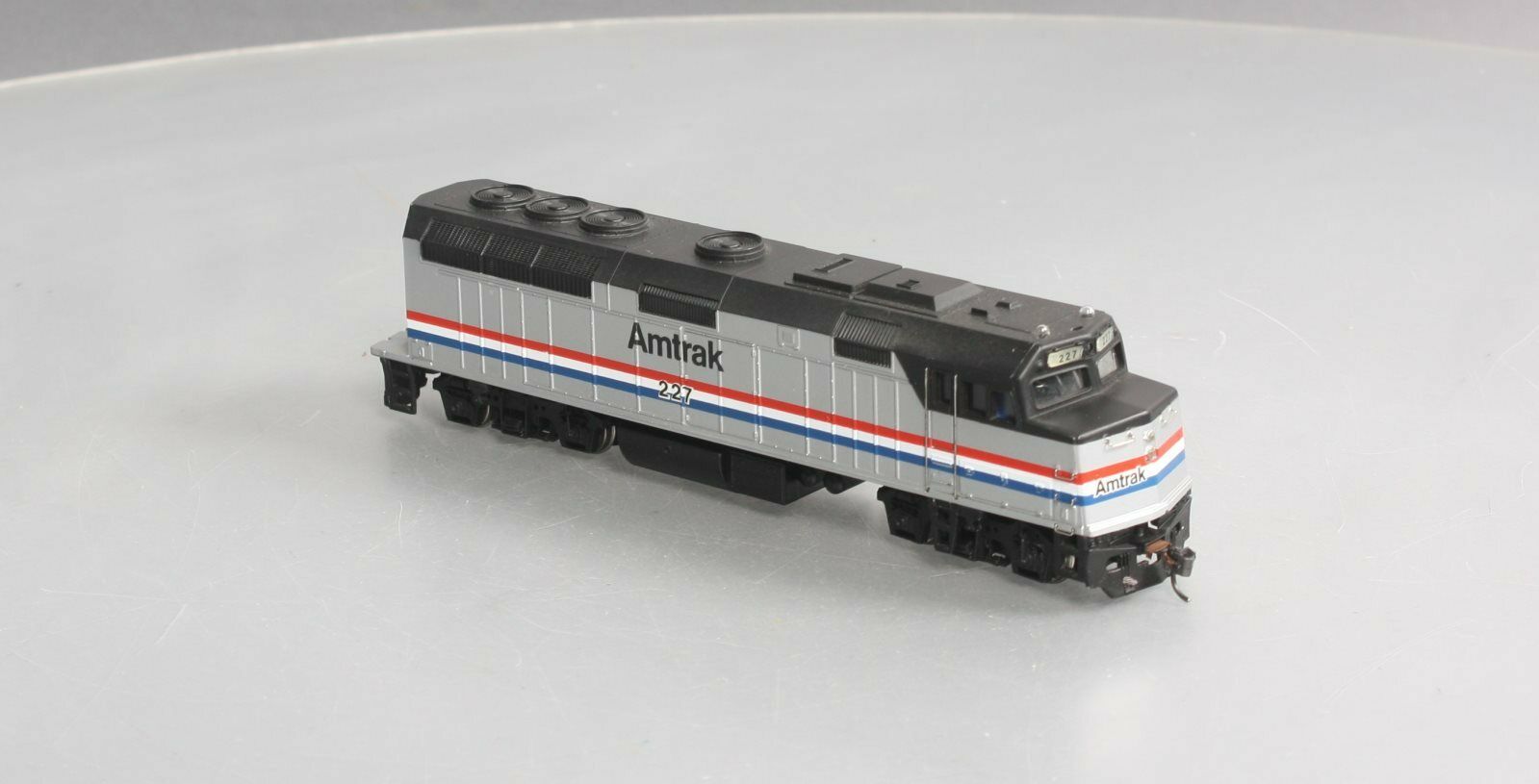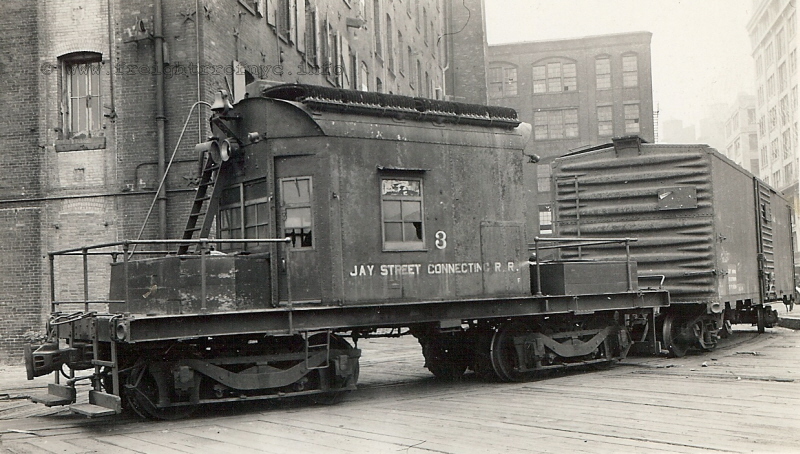Prototype Information: A transfer caboose looks more like a flat car with a shed bolted to the middle of it than it does a standard caboose. It is used in transfer service between rail yards or short switching runs, and as such, lacks sleeping, cooking or restroom facilities. The ends of a transfer caboose are left open, with safety railings surrounding the area between the crew compartment and the end of the car.
A recent variation on the transfer caboose is the "pushing" or "shoving" platform. It can be any railcar where a brakeman can safely ride for some distance to help the engineer with visibility at the other end of the train. Flatcars and covered hoppers have been used for this purpose, but often the pushing platform is a caboose that has had its windows covered and welded shut and permanently locked doors. CSX uses former Louisville & Nashville short bay window cabooses and former Conrail waycars as pushing platforms.
From Wikipedia
A recent variation on the transfer caboose is the "pushing" or "shoving" platform. It can be any railcar where a brakeman can safely ride for some distance to help the engineer with visibility at the other end of the train. Flatcars and covered hoppers have been used for this purpose, but often the pushing platform is a caboose that has had its windows covered and welded shut and permanently locked doors. CSX uses former Louisville & Nashville short bay window cabooses and former Conrail waycars as pushing platforms.
From Wikipedia
Road/Company Information: 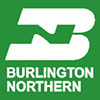 The Burlington Northern Railroad (reporting mark BN) was a United States railroad. It was a product of a March 2, 1970, merger of four major railroads - the Great Northern Railway, Northern Pacific Railway, Spokane, Portland and Seattle Railway and the Chicago, Burlington and Quincy Railroad - as well as a few small jointly owned subsidiaries owned by the four.
The Burlington Northern Railroad (reporting mark BN) was a United States railroad. It was a product of a March 2, 1970, merger of four major railroads - the Great Northern Railway, Northern Pacific Railway, Spokane, Portland and Seattle Railway and the Chicago, Burlington and Quincy Railroad - as well as a few small jointly owned subsidiaries owned by the four.
Burlington Northern operated between 1970 and 1996.
Its historical lineage begins in the earliest days of railroading with the chartering in 1848 of the Chicago and Aurora Railroad, a direct ancestor line of the Chicago, Burlington and Quincy Railroad, which lends Burlington to the names of various merger-produced successors.
Burlington Northern purchased the Atchison, Topeka and Santa Fe Railway on December 31, 1996 to form the Burlington Northern and Santa Fe Railway (later renamed BNSF Railway), which was owned by the Burlington Northern Santa Fe Corporation.*
Read more on Wikipedia.

Burlington Northern operated between 1970 and 1996.
Its historical lineage begins in the earliest days of railroading with the chartering in 1848 of the Chicago and Aurora Railroad, a direct ancestor line of the Chicago, Burlington and Quincy Railroad, which lends Burlington to the names of various merger-produced successors.
Burlington Northern purchased the Atchison, Topeka and Santa Fe Railway on December 31, 1996 to form the Burlington Northern and Santa Fe Railway (later renamed BNSF Railway), which was owned by the Burlington Northern Santa Fe Corporation.*
Read more on Wikipedia.
Brand/Importer Information: The history of TYCO trains can be traced back to John Tyler, a pioneer in HO scale who helped found the Mantua Toy & Metal Products Company in 1926 with other members of his family. They began selling trains under the Mantua name in the 1930s. Early offerings included the powerful Midjet Motor as well as a variety of rolling stock and steam locomotive kits. The shift towards “ready-to-run” (RTR) train sets after World War II led to the creation of the Tyler Manufacturing Company in 1952, better known as TYCO .
Consolidated Foods purchased TYCO in 1970, and manufacturing was shifted from New Jersey to Hong Kong. Consolidated Foods would later change its name to Sara Lee, though Norman Tyler remained as an executive with the new company. This change in ownership ushers in the “brown-box” period for collectors. Prior to 1970, TYCO offered models that reflected fairly accurate prototypes. After 1970, TYCO’s offerings wander into a fantasy world of unprototypical models.
The TYCO model railroad business was bought back by the Tyler family in 1977, who revived them under the Mantua Industries brand. Model train production by TYCO ended in the 1990s, with the final catalog appearance in 1993. The TYCO name continues as a line of radio-controlled cars produced by Mattel.
Many of the TYCO model train products were subsequently manufactured by Mantua and by International Hobby Corporation (IHC). In 2001, Mantua stopped producing its model railroad lines and sold the business to the Model Power company, which continued to sell a few items such as steam engines and freight cars under its Mantua Classics brand. In early 2014, Model Power was acquired by Model Rectifier Corporation (MRC). The company continued to make the Mantua Classics line.
Read more on HO Scale Train Resources and TYCO Brown-Box Era websites.
Consolidated Foods purchased TYCO in 1970, and manufacturing was shifted from New Jersey to Hong Kong. Consolidated Foods would later change its name to Sara Lee, though Norman Tyler remained as an executive with the new company. This change in ownership ushers in the “brown-box” period for collectors. Prior to 1970, TYCO offered models that reflected fairly accurate prototypes. After 1970, TYCO’s offerings wander into a fantasy world of unprototypical models.
The TYCO model railroad business was bought back by the Tyler family in 1977, who revived them under the Mantua Industries brand. Model train production by TYCO ended in the 1990s, with the final catalog appearance in 1993. The TYCO name continues as a line of radio-controlled cars produced by Mattel.
Many of the TYCO model train products were subsequently manufactured by Mantua and by International Hobby Corporation (IHC). In 2001, Mantua stopped producing its model railroad lines and sold the business to the Model Power company, which continued to sell a few items such as steam engines and freight cars under its Mantua Classics brand. In early 2014, Model Power was acquired by Model Rectifier Corporation (MRC). The company continued to make the Mantua Classics line.
Read more on HO Scale Train Resources and TYCO Brown-Box Era websites.
Manufacturer Information: The history of TYCO trains can be traced back to John Tyler, a pioneer in HO scale who helped found the Mantua Toy & Metal Products Company in 1926 with other members of his family. They began selling trains under the Mantua name in the 1930s. Early offerings included the powerful Midjet Motor as well as a variety of rolling stock and steam locomotive kits. The shift towards “ready-to-run” (RTR) train sets after World War II led to the creation of the Tyler Manufacturing Company in 1952, better known as TYCO .
Consolidated Foods purchased TYCO in 1970, and manufacturing was shifted from New Jersey to Hong Kong. Consolidated Foods would later change its name to Sara Lee, though Norman Tyler remained as an executive with the new company. This change in ownership ushers in the “brown-box” period for collectors. Prior to 1970, TYCO offered models that reflected fairly accurate prototypes. After 1970, TYCO’s offerings wander into a fantasy world of unprototypical models.
The TYCO model railroad business was bought back by the Tyler family in 1977, who revived them under the Mantua Industries brand. Model train production by TYCO ended in the 1990s, with the final catalog appearance in 1993. The TYCO name continues as a line of radio-controlled cars produced by Mattel.
Many of the TYCO model train products were subsequently manufactured by Mantua and by International Hobby Corporation (IHC). In 2001, Mantua stopped producing its model railroad lines and sold the business to the Model Power company, which continued to sell a few items such as steam engines and freight cars under its Mantua Classics brand. In early 2014, Model Power was acquired by Model Rectifier Corporation (MRC). The company continued to make the Mantua Classics line.
Read more on HO Scale Train Resources and TYCO Brown-Box Era websites.
Consolidated Foods purchased TYCO in 1970, and manufacturing was shifted from New Jersey to Hong Kong. Consolidated Foods would later change its name to Sara Lee, though Norman Tyler remained as an executive with the new company. This change in ownership ushers in the “brown-box” period for collectors. Prior to 1970, TYCO offered models that reflected fairly accurate prototypes. After 1970, TYCO’s offerings wander into a fantasy world of unprototypical models.
The TYCO model railroad business was bought back by the Tyler family in 1977, who revived them under the Mantua Industries brand. Model train production by TYCO ended in the 1990s, with the final catalog appearance in 1993. The TYCO name continues as a line of radio-controlled cars produced by Mattel.
Many of the TYCO model train products were subsequently manufactured by Mantua and by International Hobby Corporation (IHC). In 2001, Mantua stopped producing its model railroad lines and sold the business to the Model Power company, which continued to sell a few items such as steam engines and freight cars under its Mantua Classics brand. In early 2014, Model Power was acquired by Model Rectifier Corporation (MRC). The company continued to make the Mantua Classics line.
Read more on HO Scale Train Resources and TYCO Brown-Box Era websites.
Item created by: luchestr on 2022-05-30 12:28:29
If you see errors or missing data in this entry, please feel free to log in and edit it. Anyone with a Gmail account can log in instantly.
If you see errors or missing data in this entry, please feel free to log in and edit it. Anyone with a Gmail account can log in instantly.


